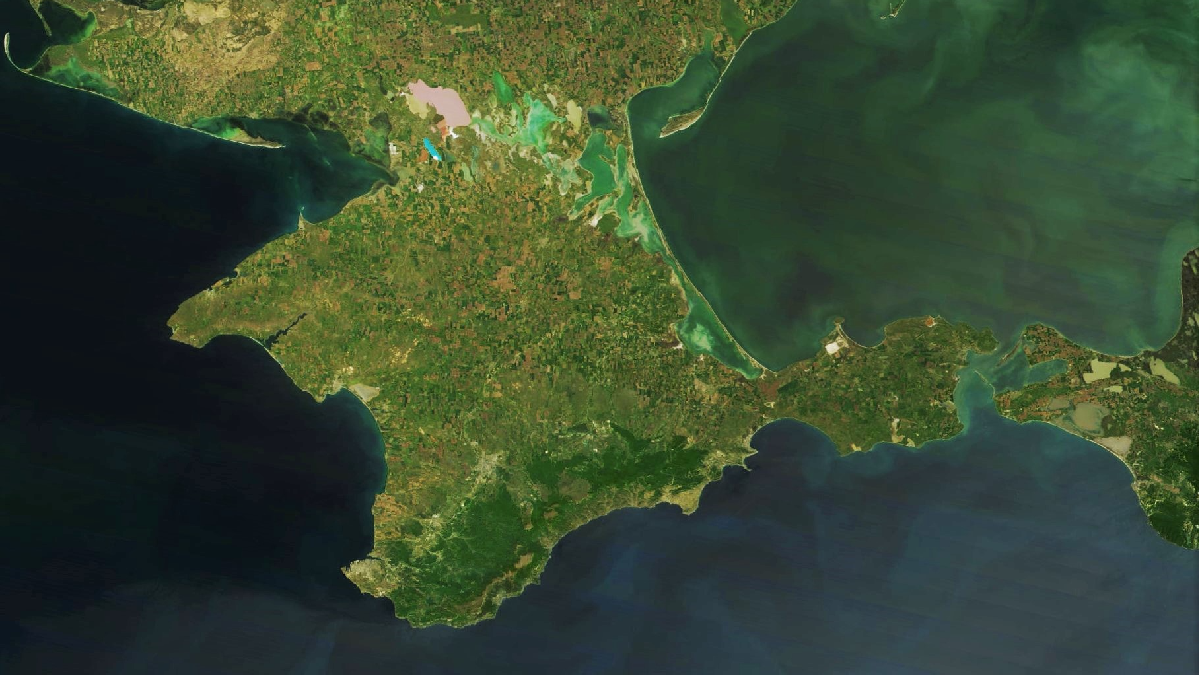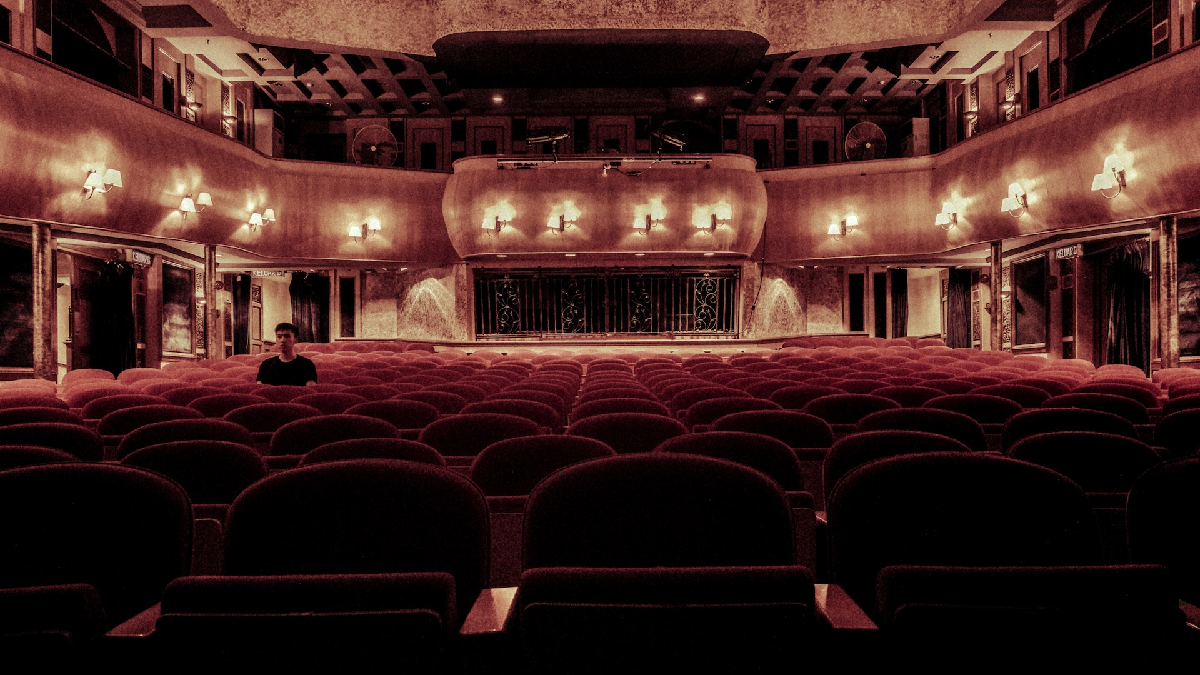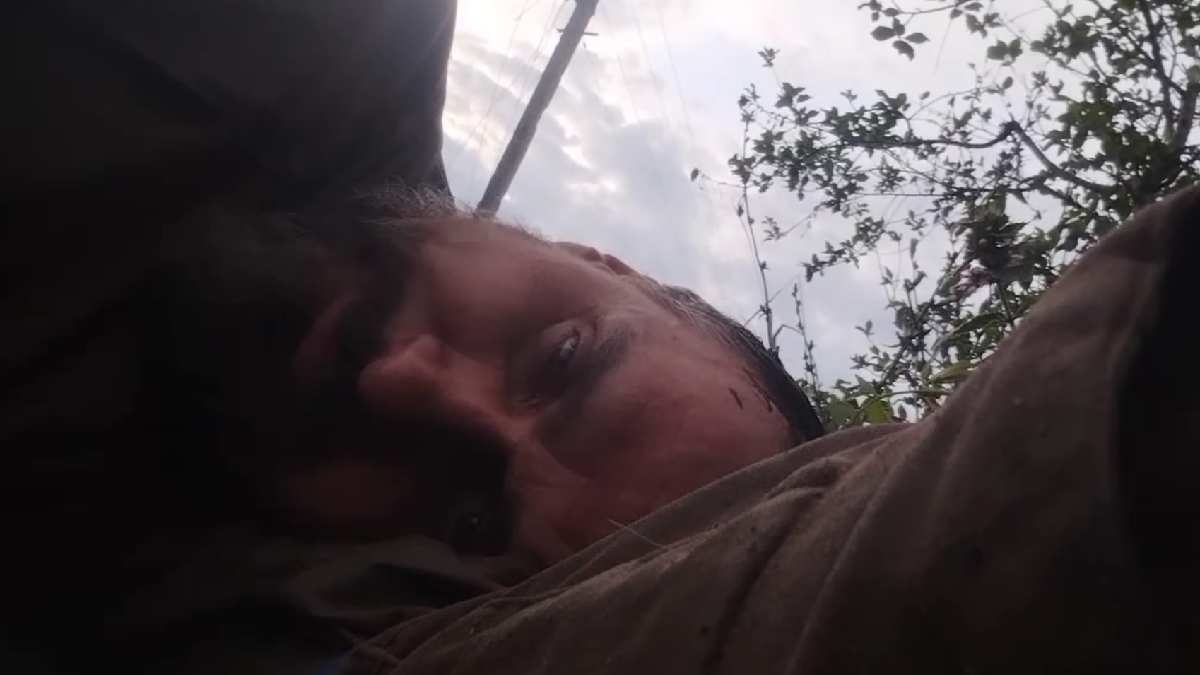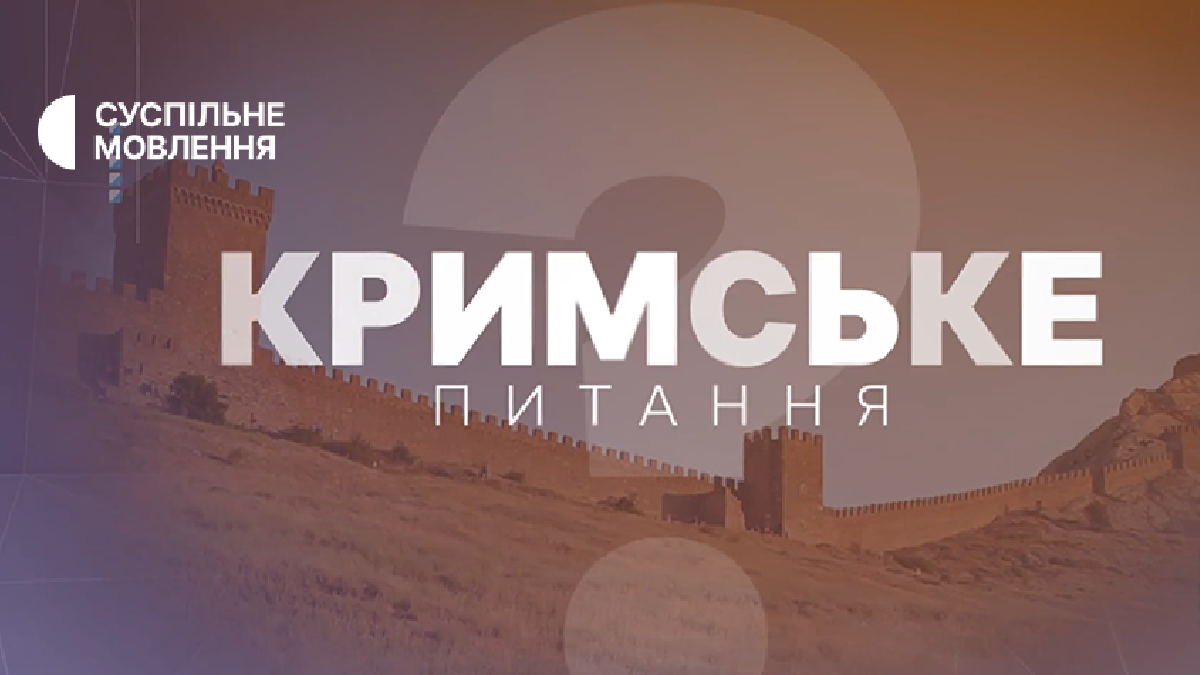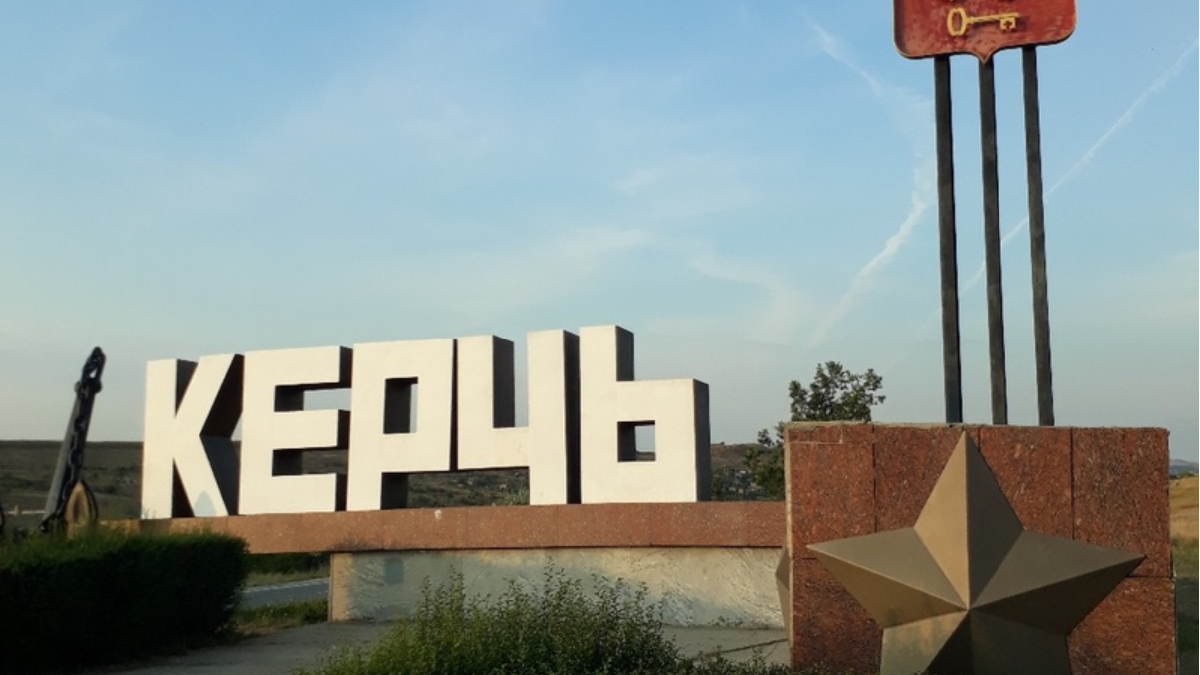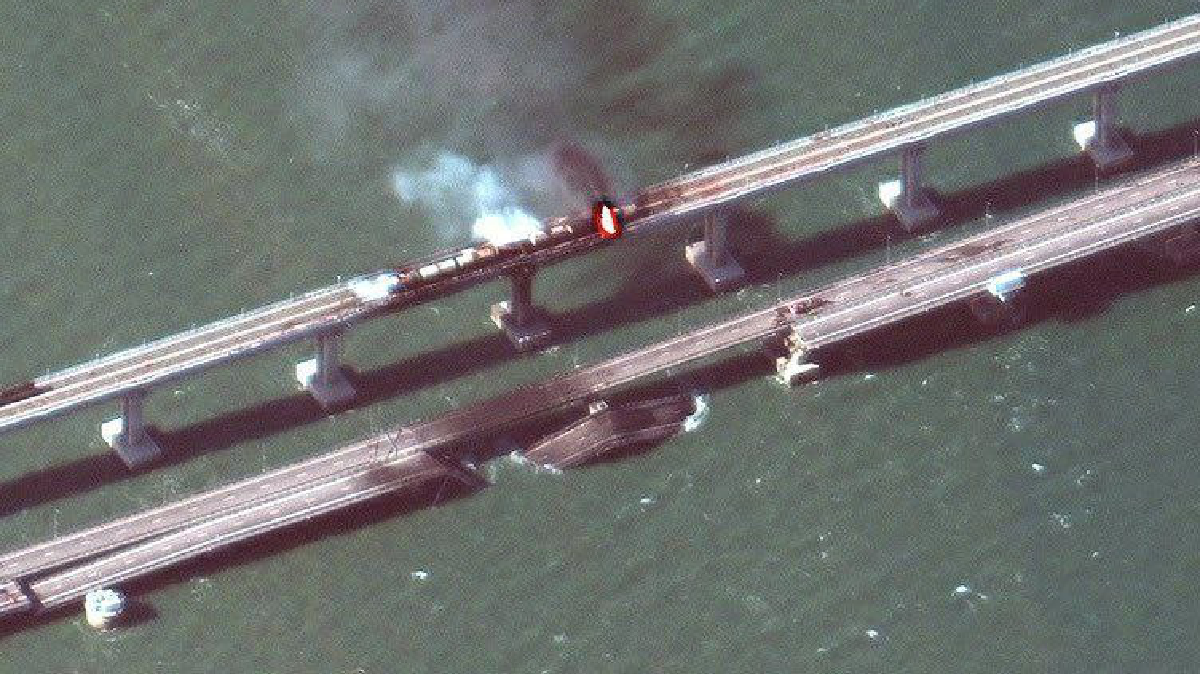Ukrainian Political Prisoner Day: why definitions are important
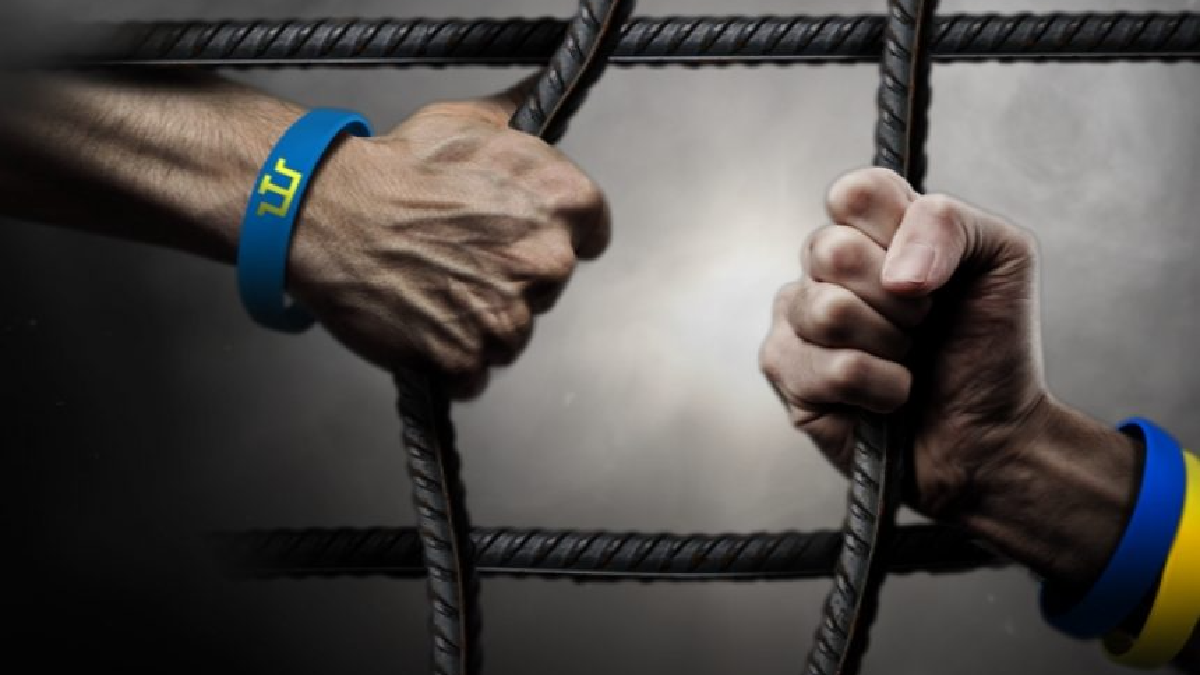
Every year on January 12, Ukraine commemorates the Day of the Ukrainian Political Prisoner. The tradition of commemorating the day of a political prisoner was introduced in 1975 at the suggestion of Vyacheslav Chornovil. The date was chosen because on January 12-14, 1972, the Soviet authorities carried out the largest repressive action against Ukrainian dissidents. Today, according to the Crimean Tatar Resource Center, the number of political prisoners persecuted by the occupation authorities is 230, 162 of whom are Crimean Tatar people.
More about this day was discussed in the program “Today. The main point” with Eskender Bariyev - a member of the Mejlis of the Crimean Tatar people, chairperson of the Crimean Tatar Resource Center.
He stressed the importance of definitions and about whom and in what terms we should talk:
“Why did the term Ukrainian political prisoner appear in 1972? Because it was one state because political prisoners had an ethnic identity, ethnic Ukrainians who fought for the freedom and independence of Ukraine and who were persecuted in one state - the USSR.
When we talk about this definition in an independent state, it is better to say “Ukrainian dissidents of the Soviet Union.” This would be more correct in terms of cognitive analysis. It turns out that Ukrainian political prisoners are those who are persecuted by the Ukrainian authorities, and at the present stage, in my opinion, it is not correct to use this term".
The Crimean Tatar Resource Center proposes to add the term “Crimean prisoners of the Kremlin”, which would include: people arrested directly in Crimea; people who are directly connected with Crimea (people who lived there before the occupation or were born there) and were arrested in Russia, or those citizens of Ukraine who were arrested in Crimea.
But the definition of “Ukrainian political prisoners” should not be abandoned either.
According to Eskender Bariyev, the definition of “Ukrainian political prisoners” includes people who were convicted in Ukraine on political grounds, such as Yulia Tymoshenko or Yuriy Lutsenko.
In December, Suspilne Crimea reported about the #SolidarityWords program of authors-embassies in support of Ukrainian prisoners of the Kremlin. The head of the CRC also mentioned other programs and their effectiveness:
“Back in 2017, the CRC initiated the “Godfather” campaign, when a well-known person, including politicians, deputies of the European Parliament, takes patronage over a political prisoner and thus publicly declares, communicates with a political prisoner and, if possible, visits him in jail. In December 2020, we initiated the “MP, Help the Kremlin Prisoners” campaign for Ukrainian politicians to take political patronage. A year later, with active work with deputies of all levels, there were eight people's deputies who took patronage over several political prisoners. Volodymyr Ariev took patronage over three political prisoners, MP Solomiya Bobrovskaya - over two prisoners, so the process began. Further, the initiative was discovered by the Ministry of Foreign Affairs, which called its campaign "Advocacy Mentoring". The embassies of Ukraine and several famous people, such as Francis Fukuyama, have joined it".
According to Eskender Bariyev, campaigns can be called differently but the main thing is to uphold one principle: to encourage public figures to help political prisoners. He adds that European colleagues understand "patronage" more. And it is important for them that Ukrainian deputies also take part in the following campaigns:
"European politicians are worried about their reputations. This entire system is interconnected, and we need to continue working at the international level. It will be easier for us to say "this political prisoner has the patronage of a writer, a deputy and so on".
As for the possible exchange or release of political prisoners, according to a member of the Mejlis, this may be one of the options for the development of events, but it will not be the final solution to the issue of political prisoners:
"Today, the discussion of Ukraine is at the highest level. Many meetings and negotiations are underway. We do not see agreements yet, but we do see the principled positions of our allies. Further, to reduce the degree, one of the conditions may be the exchange or release of political prisoners or prisoners of war. But we must understand that the root cause is the occupation, and Russia can release some prisoners today and capture others tomorrow as terrorists. We need to constantly remember this and remind our allies that we need to fight against the main source of evil - the occupation".

